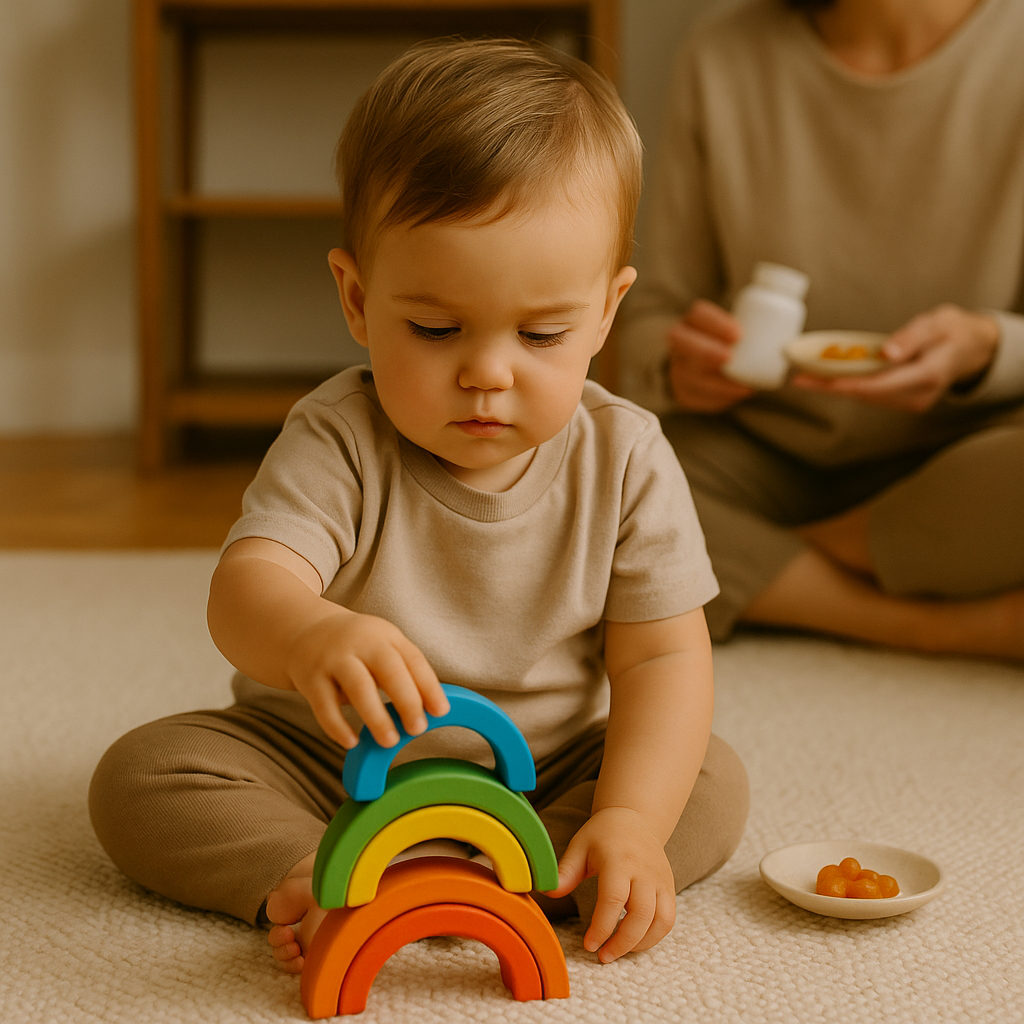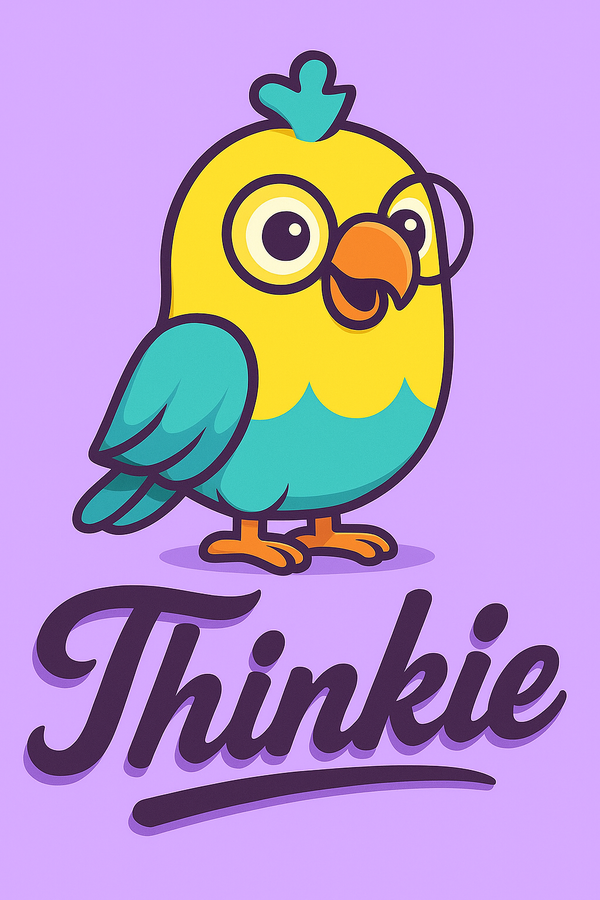
Play Is Not Just a Break: Why Playtime Deserves More Respect
Share
Intro:
To adults, play may seem like a break — a pause between lessons or meals. But to kids, play is the work of childhood. And research says we should treat it that way, too.
The American Academy of Pediatrics (2018) states that play is essential for healthy brain development, social skills, and emotional resilience. Playtime isn’t wasted time — it’s the foundation for learning, connecting, and thriving.
Body:
✔️ Cognitive Gains Through Play
Whether it’s building blocks or pretend cooking, play fosters problem-solving, memory, and attention span. It sets the groundwork for academic success — without worksheets.
✔️ Emotional Processing
Kids often “play out” their worries or experiences. A dollhouse can become a safe space to express confusion, while roleplay toys let them process fears and practice empathy.
✔️ Physical & Nutritional Sync
Play energizes the body — but it also works up an appetite. A healthy snack and a chewable multivitamin after play supports recovery and growth, especially for active toddlers.
✔️ Connection Over Control
When parents join in — not to lead but to follow — the magic happens. Play becomes a bridge, not a reward or a chore.
Closing:
Let’s stop asking “Did they play enough?” and start asking “Did they get the play they needed?” With the right toys, the right space, and the right mindset, play becomes one of the most powerful tools we can offer our children.
